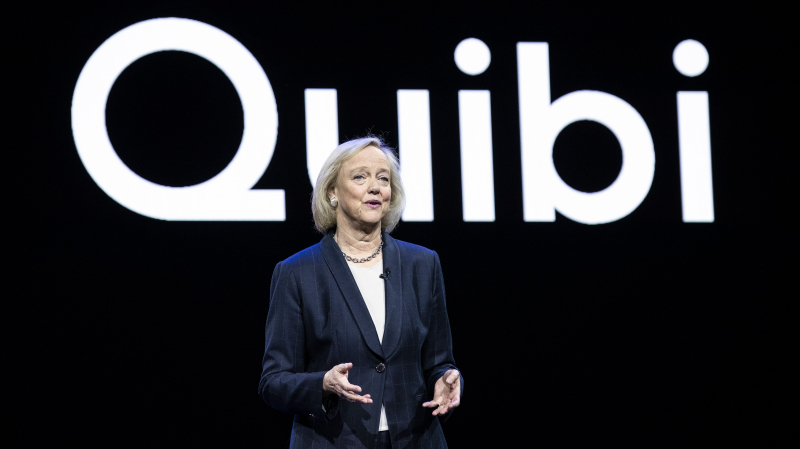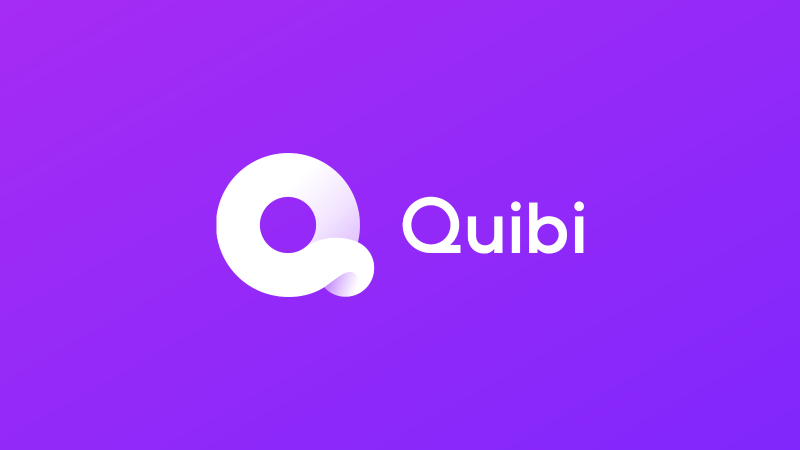Quibi
Quibi was billed as a novel and engaging way to watch videos. It was an amalgam of well-known Hollywood performers with the rapid entertainment of a YouTube video. For viewers on the fly, shows would last 5 to 10 minutes. Investment capital worth $1.75 billion was raised by the company. They had incredible talent on board, including Idris Elba, Kevin Hart, Chrissy Teigen, Steven Spielberg, Andy Samberg, and Jennifer Lopez. The list basically goes on forever. This was by no means a situation out of a mid-tier or B-movie. Hollywood's elite were gathered here in one location. Yet it failed in less than a year. In those initial several months, they had anticipated having over seven million users. They only had 500,000 when they ceased down.
Quibi was dogged by issues from the beginning. The corporation attributed the change in media consumption to the Covid-19 epidemic. There were undoubtedly other factors, albeit that may have been one.
The platform and its contents were at first severely mocked online. Although there wasn't much of a buzz, there were many jokes. Since sharing videos and screenshots of the shows is a key component of word-of-mouth advertising on social media, Quibi had made it impossible to do so. They therefore have their own capacity to create buzz locked down.
To put it mildly, many of the shows were terrible when people did have a chance to see them. Even with all the talent present, the performances appeared and felt hurried. Few received genuine acclaim for their work's quality. Many of their daily broadcasts featured content that was freely available on Facebook or YouTube every day, such as recaps of sports highlights or jokes from the previous night's late shows.
Quibi was a mobile-only application. You couldn't stream on your TV even if you wanted to. Later, the business added such function, but it was probably already too late. Even when they were aware that people weren't on the go, they remained steadfast in their belief that it should be utilized while moving.
Nearly no promotion was done by the business, and their biggest ad, which ran during the Super Bowl, was created months before the site was even accessible. They made poor decisions all around, and they ultimately paid the price.












